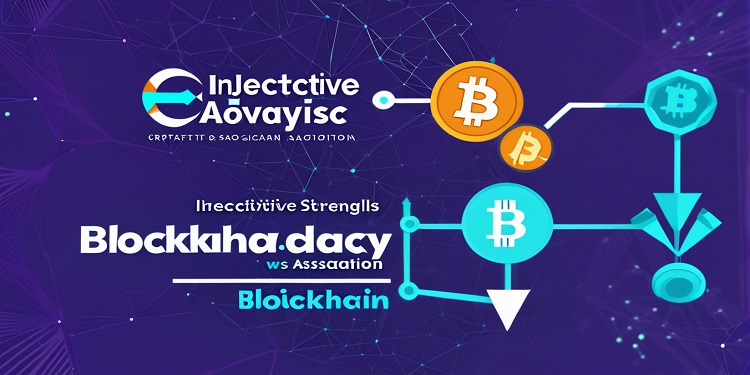The Digital Chamber (TDC), a trade association promoting blockchain adoption and regulatory clarity, has introduced its U.S. Blockchain Roadmap. The initiative focuses on positioning the United States as a leader in blockchain innovation by encouraging its application across financial systems, global trade, and digital infrastructure. According to the TDC, strategic blockchain development could significantly contribute to the nation’s economic growth, technological edge, and financial sovereignty.
Key Focus Areas and Policy Recommendations
The roadmap presents several priority areas to foster blockchain innovation. It proposes integrating digital assets into the country’s financial infrastructure to enhance efficiency and accessibility. Additionally, it highlights the importance of protecting decentralized networks, emphasizing their role in maintaining digital resilience and security.
A crucial aspect of the roadmap involves the establishment of clear and consistent regulatory frameworks. The TDC suggests that well-defined regulations could provide greater confidence for businesses and investors, encouraging wider blockchain adoption. The association also underscores the need to modernize the banking sector to adapt to the ongoing digital transformation, ensuring financial institutions remain competitive in a blockchain-driven economy.
Furthermore, the roadmap examines the role of Bitcoin mining in strengthening U.S. energy security. It argues that strategically incorporating mining operations into the national energy grid could contribute to grid stability and support renewable energy initiatives. According to the TDC, Bitcoin mining can play a constructive role in energy management, particularly through demand response programs.
Blockchain Applications in Government and Public Services
Beyond the private sector, the roadmap also proposes blockchain applications within government operations. It suggests using blockchain to enhance transparency and accountability in fiscal oversight. Additionally, decentralized ledger technology could streamline administrative processes, improve record management, and reduce operational inefficiencies in various public sector functions.
The TDC highlights that blockchain can be particularly beneficial in trade and supply chain management, enabling real-time tracking of goods and ensuring the authenticity of transactions. Such applications could strengthen international trade relations and enhance supply chain security.
Promoting Collaborative Efforts and Industry Engagement
To achieve the goals outlined in the roadmap, the TDC emphasizes the importance of collaboration between policymakers, industry leaders, and technology experts. It encourages open dialogue to address regulatory concerns and develop practical solutions for blockchain integration. Additionally, the association advocates for research and development investments to drive blockchain advancements.
The U.S. Blockchain Roadmap serves as a strategic guide for lawmakers and stakeholders seeking to harness blockchain’s potential. By promoting regulatory clarity and encouraging responsible innovation, the TDC believes the nation can maintain its leadership in the rapidly evolving digital economy.
The association plans to engage with policymakers to further refine its recommendations and ensure that blockchain technology becomes a key driver of sustainable growth and financial inclusion. With a strong focus on cross-sector collaboration, the roadmap aims to pave the way for a future where blockchain applications contribute meaningfully to both the public and private sectors.









